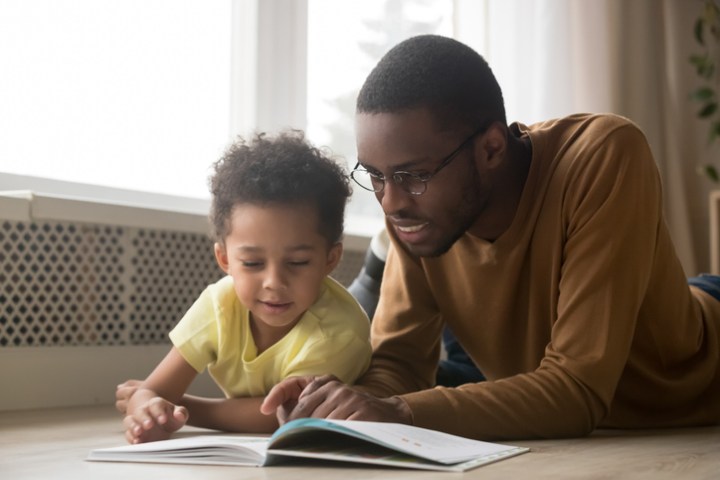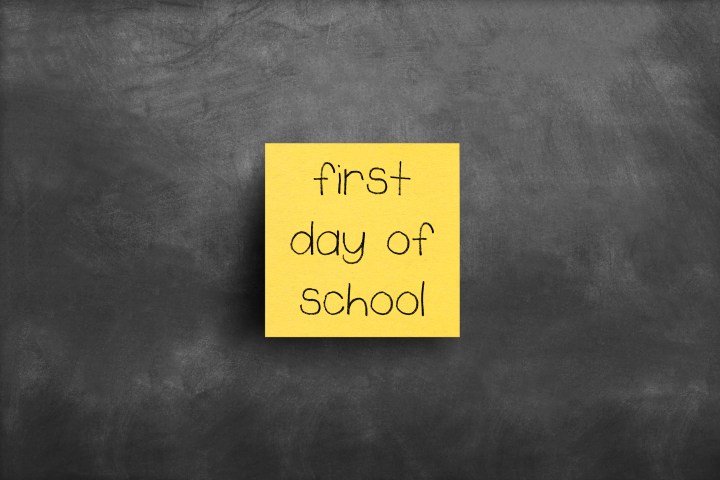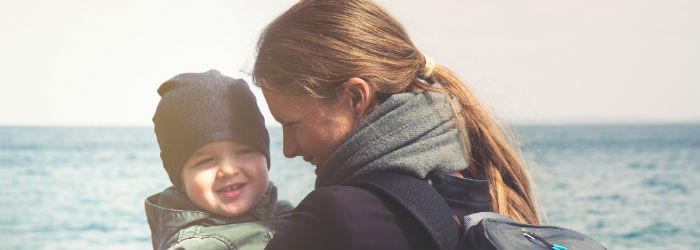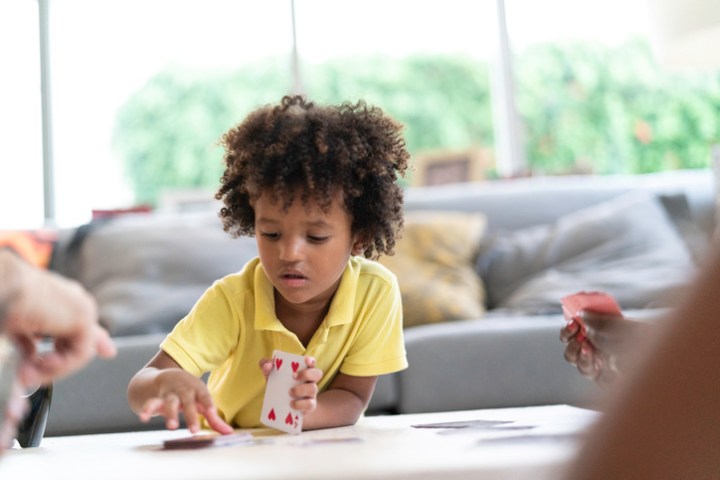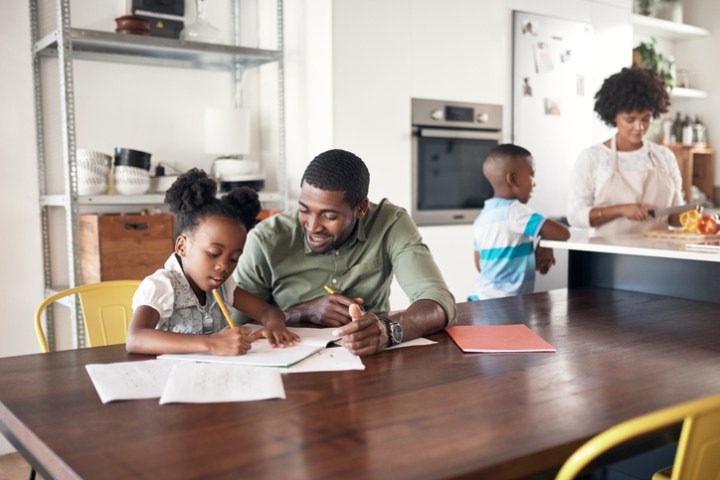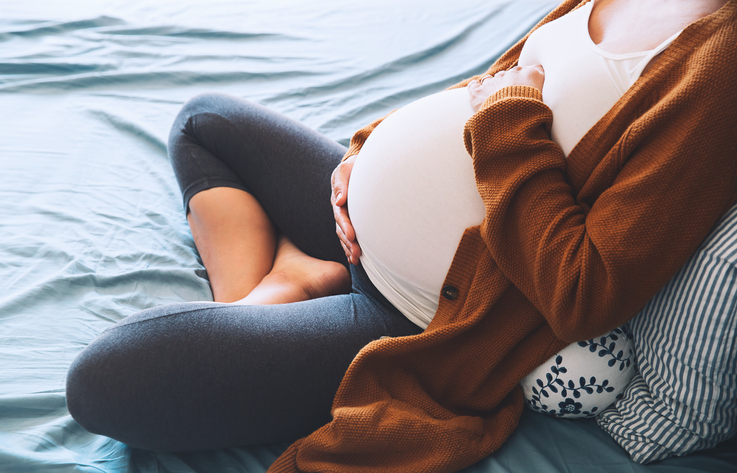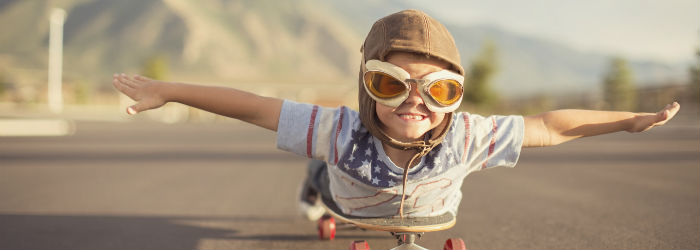Stress-free Potty Training
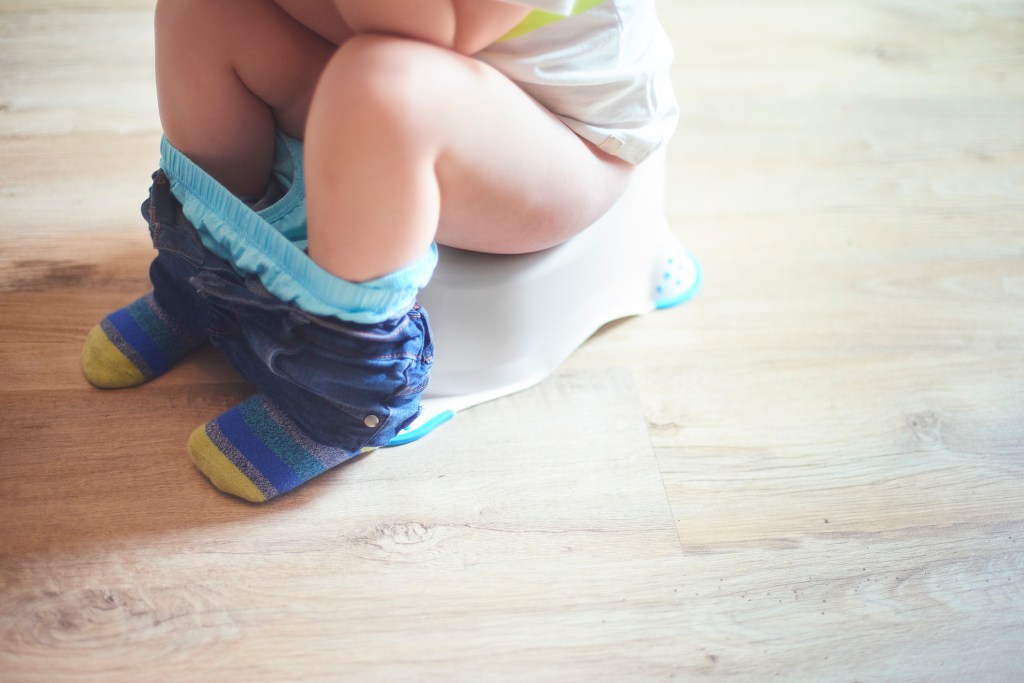
Potty training is one of the most important developmental stages of early childhood, but it can be a stressful time for you and your child. Here, Sarah Ockwell-Smith, mother of four, author of The Gentle Potty Training Book and co-founder of the Gentle Parenting website, argues that you should be guided by your child’s readiness and your instinct.
Signs of readiness
Pick up almost any book or leaflet on potty training and you will find an entry entitled ‘Signs of Readiness’. However, the idea of waiting for signs of readiness is something of a misnomer. If we viewed potty-training readiness in terms of certain ‘tick-box moments’, most would be invisible. For instance, it is not possible for parents to ascertain when their child’s bladder or central nervous are mature enough. It is technically possible, therefore, that a child may be physiologically ‘ready’ to potty train, but show no obvious outward behavioural signs.
Similarly, many true behavioural signs of ‘readiness’ are actually quite subtle and are, as such, often overlooked. Confusingly, there are also many ‘signs’ that are commonly believed to indicate potty-training readiness, but really aren’t. Let’s look at some of the myths and true signs, subtle or otherwise, that can be a useful indicator.
Potty-training readiness myths
Many of what parents take as signs that their child is ready are actually just normal childhood behaviour with no direct link to potty training. These include:
- telling you that they have done a pee or poo after they have done it (especially if they are not bothered by it) or while they are doing it; potty training is all about a child knowing that they need to go before they have done anything, so while awareness is a good start, it needs to be before the act, not during or after
- taking their nappy off (great fun for many children)
- playing with poo, taken from a soiled nappy (an excellent free source of clay and paint that they have produced themselves)
- following you to the toilet (if your little one has separation anxiety, you will know this happens from an early age)
- hating nappy changes (this is universal among all children, I think).
Signs to watch for
While there are doubtless many signs that are strong indicators of potty-training readiness, don’t be fooled into believing that your child must show them before beginning. Some children are ready to potty train, yet don’t give their parents any pointers. (I have trained two children very easily who showed me no signs whatsoever that they were ready to begin, I’m not sure if they ever would have done had I just ‘waited it out’.)
The following could suggest that starting to potty train imminently is a good idea:
- Hiding to poo, or reluctance to poo in your presence or the presence of others.
- They are able to dress and undress with minimal assistance from you. In particular, they are able to pull trousers and underwear up and down.
- They are able to communicate verbally with you about simple body sensations (for instance, ‘I’m hot’ or ‘I’m hungry’).
- They sometimes tell you that they need to go to the toilet before they actually go.
- They can follow a chain of two or three simple instructions – for instance, ‘Go to the cupboard, get your shoes. Now put your shoes on.’
- They sometimes ask to have their nappy changed, or bring you a new nappy unprompted by you.
- They are mostly dry when they wake from a nap (for night training they should be mostly dry when they wake in the morning).
- Their nappy remains dry for a period of two hours or more at a time (this can indicate increasing bladder capacity).
If you can match one or two signs from this list along with an appropriate potty-training age, then you have a very high chance of straightforward and successful potty training.
'A practical guide to helping your child through one of the most important developmental stages of early childhood' - Green Parent Book of the Month
Gurgle's Honest Read for December
How to make potty training stress free for you and your child
The Gentle Potty Training Book is a practical guide to helping your child through one of the most important developmental stages of early childhood. Avoiding strict timelines, rewards and plans that are based solely on a child's gender, Sarah Ockwell-Smith advocates an approach that is based on your child's unique developmental stage - because the gentlest, easiest and most effective potty training happens when you work with your child as a team.
Sarah's advice includes:
* Recognising the physical and emotional signs that your child is ready
* How to talk to your child about potty training and prepare them emotionally
* What you need to get started - the practicalities
* How to respond to accidents and setbacks
* Potty training your child when you're in full-time work or co-parenting
* The when and how of night-time potty training
* What to do after previous false starts
Comprehensive, practical and realistic, Sarah's advice will give you the necessary understanding and confidence to make potty training a smooth process for you and your child.



